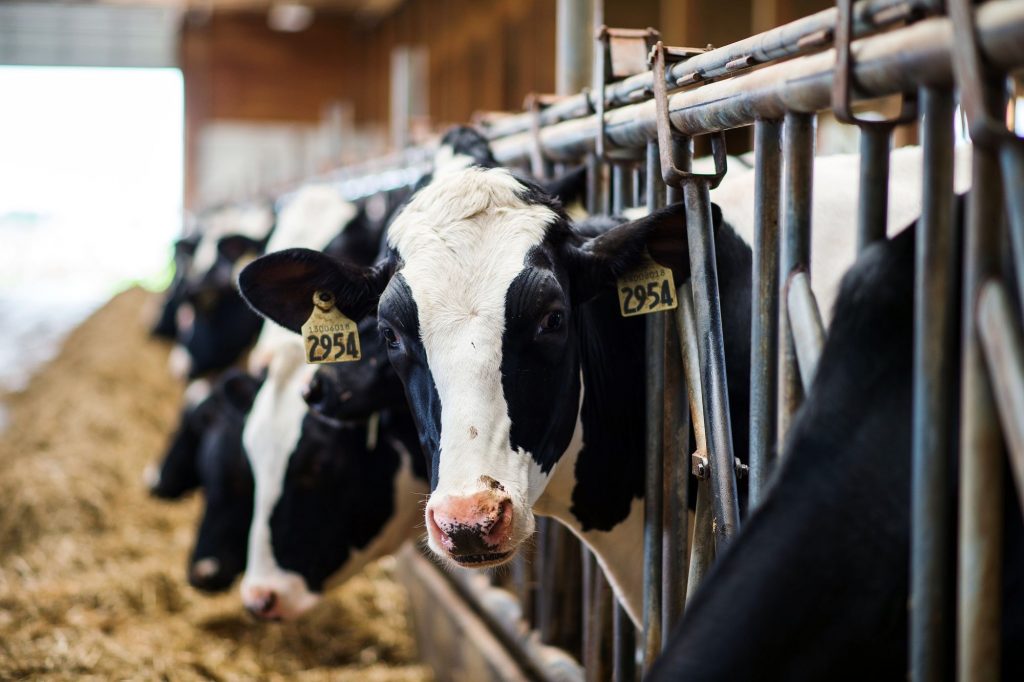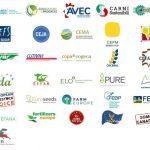
They want the ambassador to initiate a dispute settlement case with the Canadian government over its administration of dairy tariff-rate quotas if there is not an immediate positive resolution reached in consultation.
Canada agreed to new market access for U.S. dairy products through TRQ allocations in the USMCA, but Canada is circumventing its obligations, the groups said in a letter to Tai.
Canada has awarded the vast majority, 85%, of TRQs to processors — in many cases ones that are competing directly against the type of products the U.S. wants to ship to Canada, Shawna Morris, vice president for trade with U.S. Dairy Export Council and National Milk Producers Federation, said in a podcast.
“The way Canada is handling its market access under USMCA is likely to result in fewer shipments and lower value shipments than we had anticipated we’d be able to get under USMCA,” she said.
Canada’s TRQ allocations are designed to discourage the full utilization and value of the TRQs, limiting U.S. dairy imports, according to the U.S. Dairy Export Council and National Milk Producers Federation.
With the bulk of TRQ access reserved for processors, only a small amount is left for distributors and retailers are cut out from TRQ access, Morris told Capital Press.
“It’s these latter two groups that we think have the strongest incentives to actually purchase U.S. dairy products, and we want to make sure they have a greater role in the process,” she said.
The U.S. Trade Representative’s office requested consultation with Canada over the issue in December. If ongoing consultation and a USMCA Free Trade Commission meeting this week do not result in immediate resolution, the groups are calling for additional enforcement action.
The dairy industry wanted to send the letter ahead of this week’s meeting to make sure it was clear the industry is eager for enforcement action to move forward, she said.
It’s hard to know how the meeting will turn out, but every time there is a session — particularly led by the U.S. trade representative — there’s a strong possibility of success, she said.
The U.S. dairy industry worked with the U.S. trade representative’s office and Congress to secure strong enforceable dairy provisions in the USMCA, and knew proper implementation and enforcement would be critical, said Krysta Harden, president and CEO of the Dairy Export Council.
“This is why we need USTR to take bold action to ensure the U.S. dairy industry fully benefits from the hard-fought wins included in the USMCA,” she said.
Dairy farmers appreciate the U.S. trade representative’s office initiating consultation and the decision to hold USMCA Free Trade Commission discussions to pursue reforms, said Jim Mulhern, president and CEO of National Milk.
“But Canada has always been obstinate on dairy and at this stage, it is increasingly clear that further action is needed to ensure a fair and transparent enforcement of USMCA,” he said.

NMPF

























